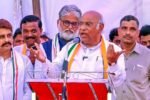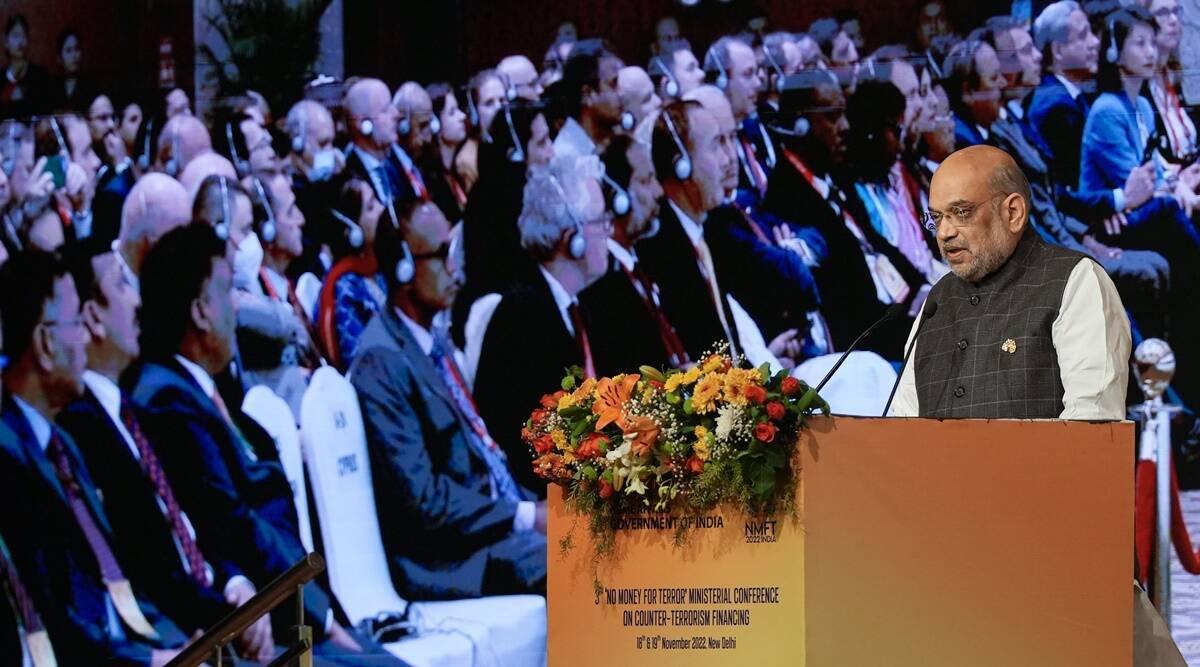Terrorism in India largely sponsored by Pakistan’s spy agency ISI (strap)
New Delhi, Feb 5: A parliamentary standing committee on Monday called on the government to make persistent efforts to ensure “de-politicisation” of the UN Security Council’s sanctions regime on the listing of terrorists and terror entities even as it noted that India remains a recruitment target for global terror groups such as Al-Qaeda and ISIS.
The report by the panel on external affairs came against the backdrop of China blocking the listing of a number of Pakistan-based terrorists by the United Nations Security Council’s sanctions committee.
The committee noted that the problem of terrorism in India is largely sponsored from across the border as terrorist outfits are provided safe havens, material support, finance and other logistics by Pakistan’s spy agency ISI to carry out terrorist activities.
The committee was of the firm view that terrorist attacks in the country can only be curbed by dismantling all terrorist networks and safe havens.
It recommended that an action plan or mechanism may be worked out at the earliest for effective sharing of resources, capacity enhancement and pooling of available expertise of the central agencies as well as coordinated global efforts to root out terrorist networks in the “neighbouring countries”.
The committee said India should play a prominent role in evolving measures in collaboration with the international community to prevent the spread of radicalisation and extremist ideology.
It said the government should work in close coordination with the Financial Action Task Force (FATF) and other bodies to bring about qualitative improvement in the regulatory capacity so that terror entities do not get new opportunities for financing terrorism.
The committee said effective implementation of the UN Security Council’s sanctions regime can be a major tool in countering the activities of terrorists and terrorist groups by restricting their travel and suppressing their funding avenues.
On the need for “de-politicisation” of the sanctions regime, the committee said an evidence-based listing and delisting mechanism with greater transparency would be effective in combating terrorism.
In the report on ‘Countering Global Terrorism at Regional and International levels’, the committee headed by PP Chaudhary urged the government to make persistent efforts at the UNSC to achieve it.
The report mentioned that Pakistan’s spy agency ISI has close links with terrorist outfits like Lashkar-e-Toiba (LeT), Jaish-e-Mohammad (JeM), Hizbul Mujahideen (HM) and Indian Mujahideen (IM), and provides them safe havens, material support, finance and other logistics to carry out terrorist activities in India.
It said India remains a recruitment target for global terror groups such as Al-Qaeda and ISIS that are operating in South Asia.
“These groups are active in cyberspace and radicalising the vulnerable population to conduct terror attacks,” it said.
The committee noted that global terrorist groups such as ISIS and Al-Qaida are highly dependent on encrypted messaging platforms for instructions to carry out attacks, revival of their sleeper cells and use of virtual currencies like bitcoins for terror financing.
It urged the government to initiate vigorous campaigns for collective action against these terrorist groups to prevent them from building capabilities to carry out terrorist attacks and disturb global peace and security.
The committee said it is of the view that a multifaceted approach involving the active participation of stakeholders including global cyber security and law enforcement organisations at regional and international levels is imperative to counter global cyber terrorism. (PTI)












